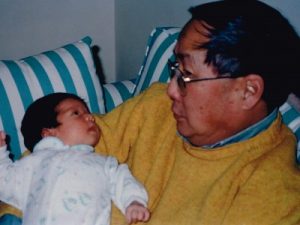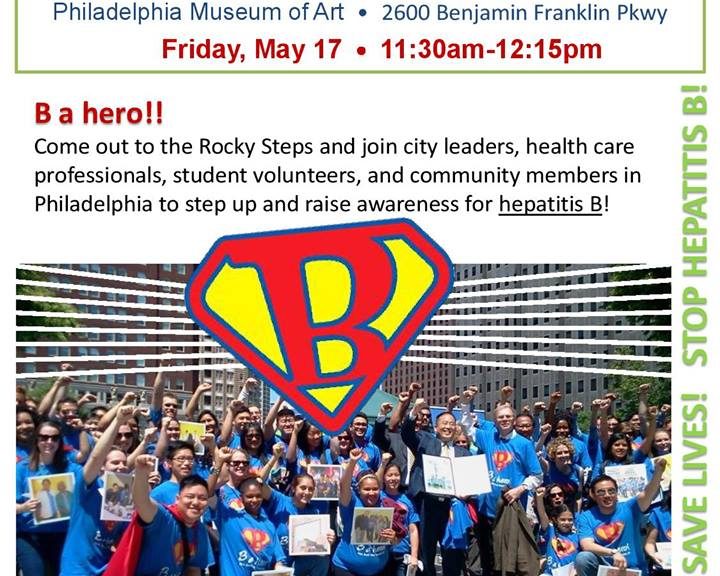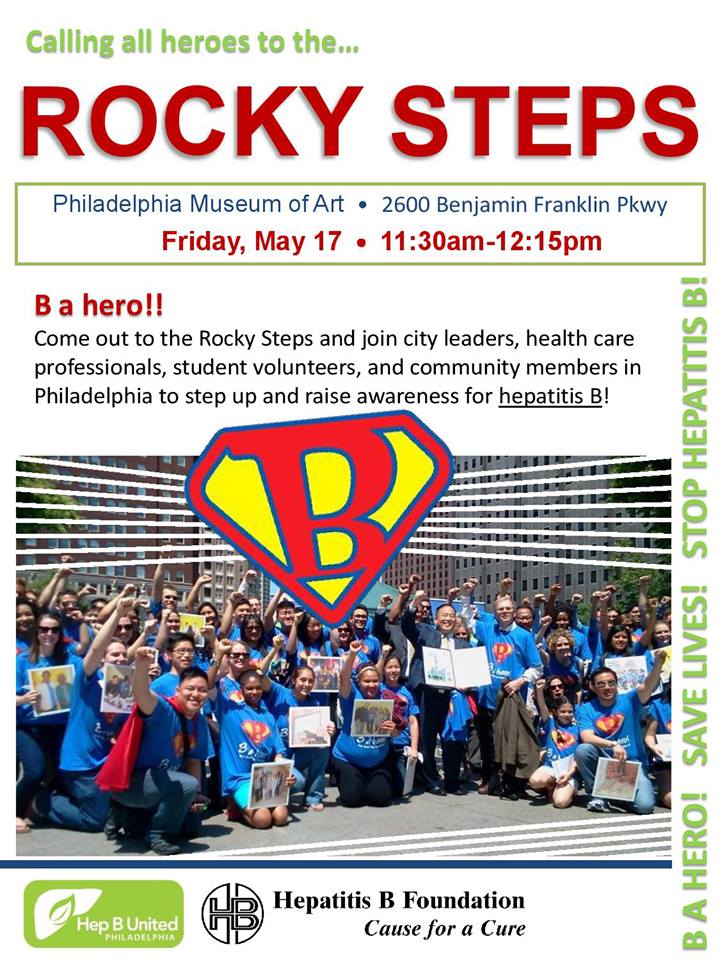The World Health Organization (WHO) will release their first management guidelines for hepatitis B virus (HBV) by the end of 2014. For the first time, the guidelines will be geared towards resource-constrained countries, where the disease burden is high but resources are lacking. The new guidelines will be particularly welcome in African nations, where the incidence of viral hepatitis is increasing.
The overall scope of the World Health Organization’s new management guidelines for hepatitis B will include prevention, screening, and treatment of chronic hepatitis B and will be geared towards resource-constrained countries. Thus, WHO’s guidelines will be valuable for countries where the disease burden is high but resources are lacking.
The WHO Global Hepatitis Programme established a Guideline Development Group of external experts in 2013, which includes Hepatitis B Foundation (HBF) executive director Joan Block, and is co-chaired by Dr. Brian McMahon, who also serves on the HBF Scientific and Medical Advisory Board.
The new WHO guidelines will be particularly welcome news to African nations, where the incidence of viral hepatitis is increasing.
According to the WHO Global Hepatitis Survey 2013, the prevalence of chronic hepatitis B virus (HBV) infection on the African continent is up to 8% of the general population, and 75% of the population may have had prior exposure to the virus.
Yet, only two of the African member states that responded to the WHO Survey have a written national strategy to prevent and control viral hepatitis.
In Ghana, where the incidence of viral hepatitis is increasing, the sero-prevalence rate is high among blood donors (6.7%), pregnant women (6.5%) and school
aged children (15.6%), according to Mr. Theobald Owusu-Ansah, president of the Theobald Hepatitis B Foundation and the Hepatitis B Coalition in Ghana.
Compounding the lack of public health plans and national investment are factors common in many low-resource countries: limited awareness of hepatitis B among the public and providers, poor access to care, expensive therapies, and few liver specialists.
Global agencies are beginning to recognize the urgency of the situation. In addition to the WHO, the World Health Assembly is taking steps to combat the growing crisis. The Assembly adopted a second resolution on viral hepatitis in May 2014 that advises governments on how to prioritize and coordinate public health efforts.
But governments cannot tackle these problems alone, Mr. Owusu-Ansah believes. He urges governments to partner with commercial and nonprofit organizations to mobilize much-needed expertise and resources.
Continue reading "WHO’s New HBV Guidelines to Help Combat Africa’s Growing Hepatitis B Crisis"










